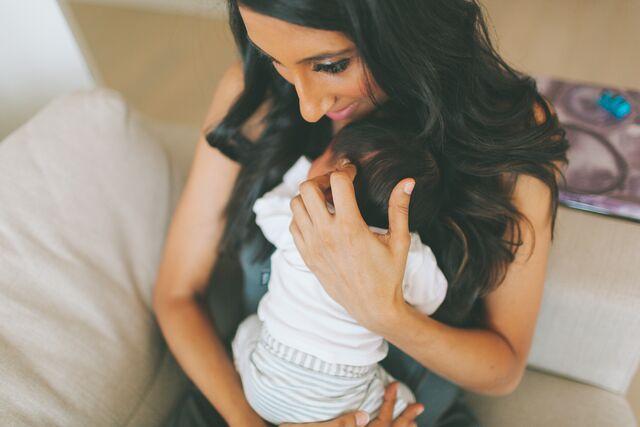
Embracing Daycare Facilities: Exploring the Shift in Parental Choice in India
In recent years, there has been a noticeable shift in parenting choices in India, with an increasing number of parents opting for daycare facilities for their children.
This shift is reflective of changing societal dynamics, evolving work patterns, and the recognition of the benefits that daycare offers to both children and parents. In this blog, we delve into the reasons behind the growing adoption of daycare facilities by Indian parents and the positive impact it has on families.
Changing Work Culture: India's work culture has undergone a transformation, with more parents pursuing careers and actively contributing to the workforce. This shift has led to a greater need for reliable and professional childcare options. Daycare facilities provide working parents with a safe and structured environment for their children, enabling them to balance their professional and personal lives more effectively.
Enhanced Learning Opportunities: Parents are increasingly recognizing the educational value that daycare facilities offer. Reputable daycare centres provide a conducive environment for early learning, with age-appropriate activities, educational programs, and trained caregivers who facilitate cognitive, social, and emotional development. These facilities offer an enriching experience that contributes to a child's overall growth and school readiness.
Socialization and Peer Interaction: Daycare facilities provide children with valuable opportunities to interact and socialize with peers from diverse backgrounds. Regular interaction in a group setting allows children to develop essential social skills, such as communication, collaboration, and empathy. By engaging in cooperative play and group activities, children develop a sense of belonging and learn to navigate social dynamics from an early age.
Emotional Development and Independence: Daycare facilities focus on nurturing a child's emotional well-being and fostering independence. Trained caregivers provide a warm and caring environment where children can develop a secure attachment and build resilience. Through age-appropriate activities and guidance, children gain confidence, learn to manage emotions and develop crucial life skills that contribute to their overall emotional intelligence.
Professional Care and Safety: Parents value the professionalism and expertise that daycare facilities bring to childcare. Reputable centres follow strict safety protocols, maintain proper child-to-caregiver ratios and ensure a secure environment. This level of professionalism instils confidence in parents, knowing that their child is in capable hands, and promotes peace of mind while they focus on their work commitments.
Convenience and Flexibility: Daycare facilities offer convenience and flexibility for busy parents. With extended operating hours, parents can choose a schedule that aligns with their work timings. Moreover, many daycare centres provide additional services like nutritious meals, transportation facilities, and extracurricular activities, further easing the burden on parents' daily routines.
Supportive Parental Community: Daycare facilities often foster a strong sense of community among parents. Interactions during drop-off and pick-up times, parent-teacher meetings, and various events create opportunities for parents to connect and share experiences. This support network allows parents to exchange advice, seek guidance, and build meaningful relationships, enhancing their own well-being and sense of belonging.
The adoption of daycare facilities by Indian parents signifies a positive shift in parenting choices driven by evolving work patterns, the recognition of educational benefits, and the need for a supportive childcare environment. By embracing daycare facilities, parents are able to balance their professional and personal lives more effectively while providing their children with a secure and enriching environment for growth. As the demand for quality daycare facilities continues to rise, it is crucial for parents to thoroughly research and choose centres that align with their values and offer the best care and learning experiences for their children.